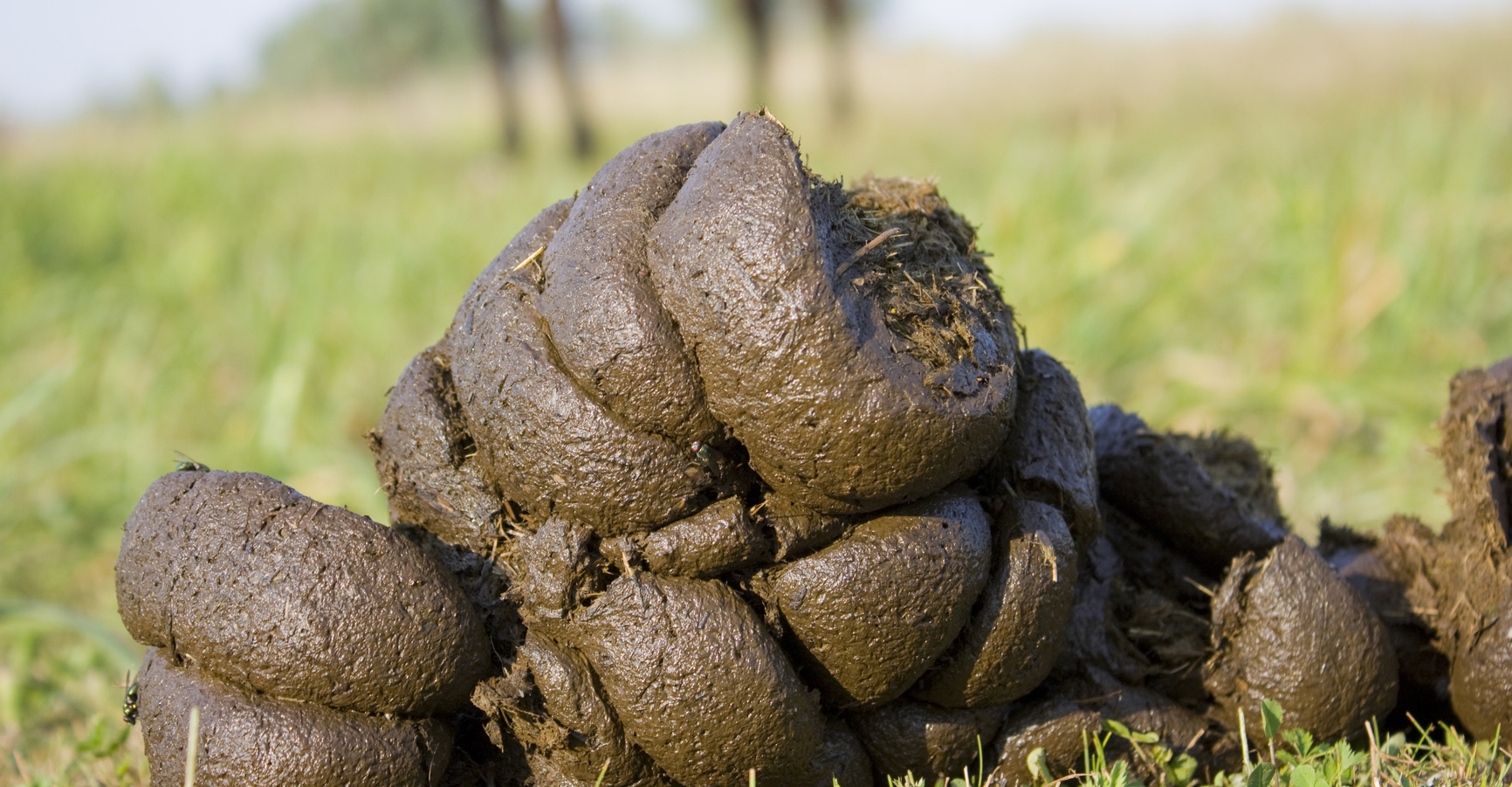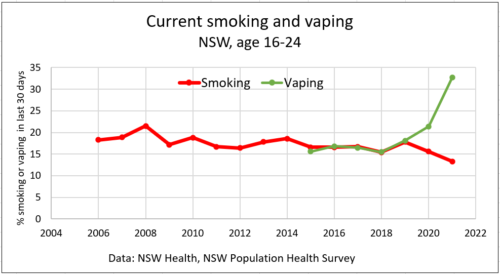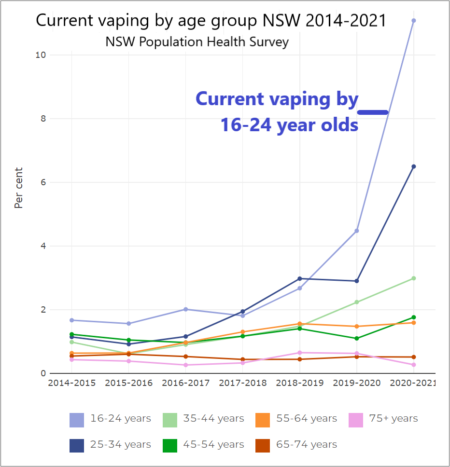
Fact check. The Health Minister’s claims on vaping are wrong
Posted on April 29, 2023 By Colin
HEALTH MINISTER MARK BUTLER said in a recent interview that the claim that most vapes sold to kids do not contain nicotine is “utter hore-shi**t”. However it turns out that many of his own claims are horse-s**t and should be corrected urgently.
Mr Butler's claims here and here are being used to justify further harsh restrictions on vaping in Australia. Not only do these claims stink, but the proposed prohibitive prescription-only regulations are certain to fail, just like the first attempt by Greg Hunt.
CLAIM 1. “Under 25s is the only cohort in the population where smoking rates are increasing”
FALSE. Smoking rates are declining faster in this age group than in the rest of the population.
In NSW, smoking by 16-24-year-olds fell by 25% in 2 years (from 17.8% in 2019 to 13.3% in 2021) as vaping rates increased. This decline is faster than the state smoking average, which fell by 21% during the same period.

This age group also has the highest vaping rate, suggesting that the decline in smoking was linked to vaping uptake. Many studies suggest that vaping is a substitute-replacement for smoking.

In South Australia, current smoking is declining more than twice as fast in the 15-29 year old age group as the state average. From 2020-2022, the smoking rate of 15-29-year-olds fell by 55% (from 10.9% in 2020 to 4.9% in 2022). The state smoking rate (15+) declined by 24% overall (10.6% in 2020 and 8.2% in 2022). Vaping is twice as common in the 15-29 year old age group (7.8%) compared to the state average (3.2%).
No recent data are available from others states, but similar results are seen in New Zealand. Between 2019-22 there were very substantial declines in smoking in 15-24-year-olds, coinciding with a rapid increase in vaping. The highest vaping rate in New Zealand is in the 18-24 year old age group.
CLAIM 2. “the 'insidious' product was creating a new generation of addicts”
FALSE. There is no evidence of a “new generation of nicotine addicts” in Australia. Frequent vaping (required to become nicotine dependent) is rare in young non-smokers. Less than 1% of young people who vape weekly or more have never smoked. The vast majority of frequent vaping is by current or past smokers.
In a 2023 Australian study by Pettigrew, of 1,006 15-30-year-olds who vaped, only 8 were never-smokers who vaped once weekly or more (0.8%). Similarly, in another study by Jongenelis of 1,116 18-25-year-old vapers, only 11 never-smokers vaped weekly or more and prefer nicotine (1%).
Regular vaping by non-smoking youth is also rare in other countries: 1% in England (11-15y), 2% in the United States (14-18y) and 0.6% in Canada (16-19y).
Young smokers who switch to vaping are likely to have substantial benefits. For them, vaping is a good thing.
CLAIM 3. “the tobacco industry was clearly marketing vapes at children”
FALSE. The vaping products being used by young Australians are almost exclusively illegal Chinese vapes sold on the black market. None of these products are made or sold by tobacco companies.
CLAIM 4. Young people who vape are “three times more likely to take up cigarettes”
TRUE but deliberately misleading. There is an association between vaping and cigarette smoking, but no good evidence that vaping causes an uptake in smoking. A more plausible explanation is “common liability’, ie that young people who engage in one form of risky behaviour such as vaping, are more likely to engage in other risky behaviours such as smoking, hazardous alcohol consumption and illicit drug use.
If vaping was a gateway to smoking, an increase in the uptake of e-cigarettes among youth would be followed by an increase in cigarette smoking. Instead, increases in youth vaping have been accompanied by declines in youth and young adult smoking rates in England, the United States and New Zealand, suggesting that vaping is diverting young people away from smoking rather than encouraging them to smoke.
CLAIM 5. "vaping causes very serious lung disease"
FALSE. Nicotine vaping does not cause serious lung disease. The Minister is referring to an outbreak of the serious lung disease 'EVALI' in North America in 2019-20 which was caused by vaping black market THC (cannabis) oils contaminated by Vitamin E Acetate. No cases of EVALI or other "very serious" lung disease have been linked to vaping nicotine.
Comment
Mr Butler is receiving flawed advice which urgently needs correction. If further restrictive policies are introduced based on this misinformation, the inevitable outcomes will be further stimulation of the black market, increased smoking, continued youth vaping and destruction of the local vape industry.
Most importantly, more Australians will die unnecessarily from smoking. Many of these premature deaths could be prevented by sensible, balanced evidence-based policy.
Go to Top